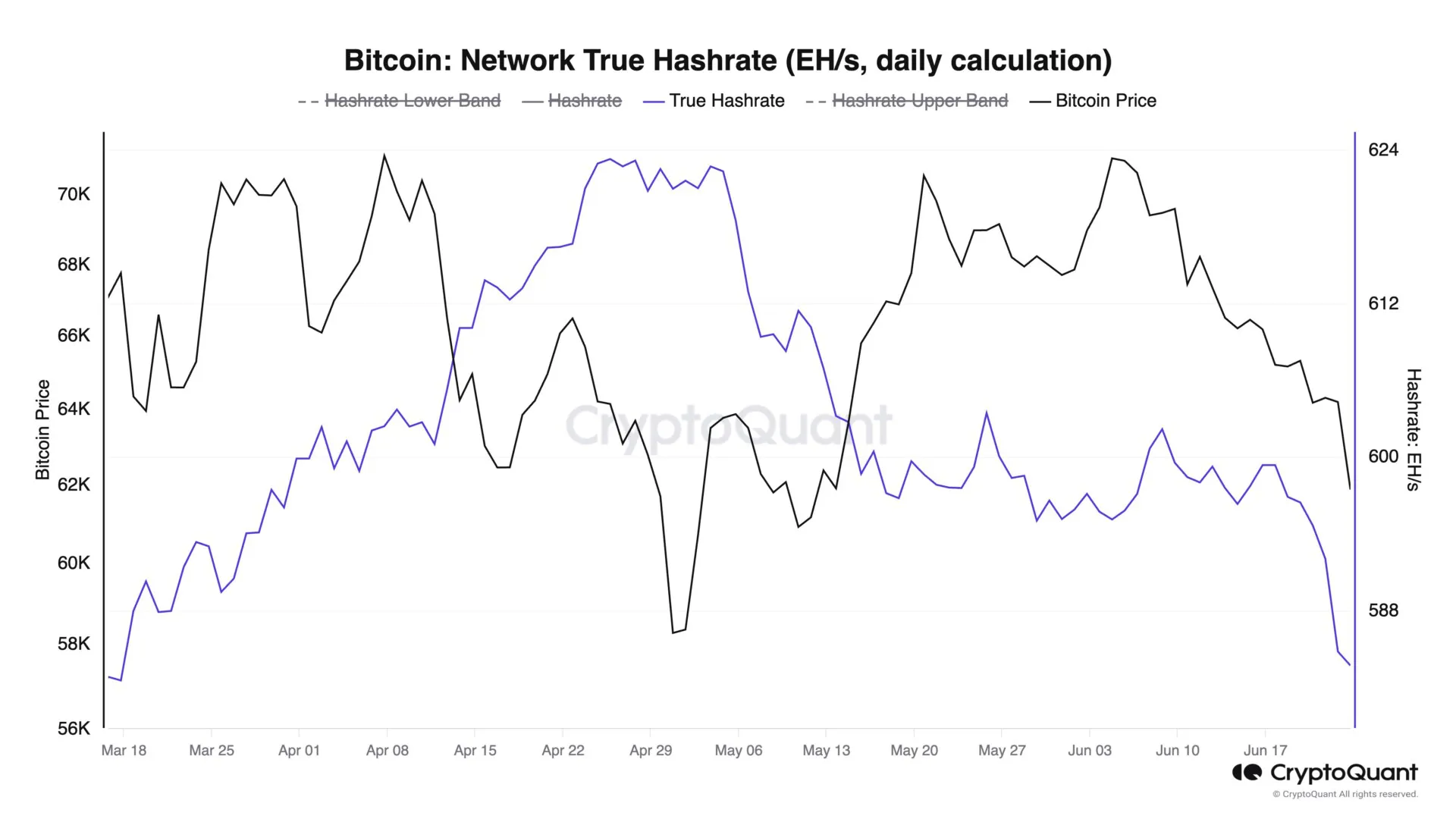Leading Bitcoin miner CleanSpark has announced the acquisition of rival company GRIID Infrastructure for $155 million in a 100% stock deal. The transaction highlights the consolidation among Bitcoin miners amid the lower revenue trend.
Also Read: Bitcoin miners may foray into AI training farms without abandoning mining
According to CleanSpark CEO Zach Bradford, the GRIID acquisition will enable the company to meet its goal of having 400 megawatt (MW) capacity in Tennessee by 2026. GRIID Infrastructure facilities are located in New York and Tennessee, with the mining facilities within Tennessee in three locations. He stated:
“After closing we expect to focus in on the best opportunities in the GRIID pipeline. We anticipate that this will allow us to exceed 100 megawatts in Tennessee by the end of this calendar year and eventually grow that to 200 megawatts in 2025 before exceeding 400 megawatts in 2026.”
Per the agreement’s terms, CleanSpark will assume all of GRIID’s obligations and debts while providing the company with a $5 million working capital loan and $50.9 million as a paydown bridge loan. The deal, which the boards of the two companies have already approved, is not expected to be finalized until the third quarter of the year.
Meanwhile, GRIID Infrastructure stock GRDI was down more than 50% following the announcement, and CleanSpark stock did not see any significant movement. The market reaction highlights how most people saw the sale as a sign of a struggling Bitcoin mining sector.
Hashrate in free fall as Bitcoin miners capitulate
This news comes as BTC miners have faced reduced profit margins following the April Bitcoin halving event, which cut the block subsidy reward in half. Initially, high fees from the Bitcoin network provided some extra revenue. However, this has also decreased as network activity has slowed down.
Also Read: BTC miners offload $2 billion in Bitcoin, holdings at a 14-year low
However, despite the consolidation and expansion among major miners, there are no signs that they are increasing their capacity. According to data from CryptoQuant, the Bitcoin hash rate is down 6% from its all-time high on April 24 and is currently at the lowest level since March 17.

The declining hash rate indicates miners are powering down, reflecting their financial strain. Many are operating at a loss due to falling prices and reduced network fees, leading them to sell off Bitcoin holdings and further pressuring prices.
Bitcoin expert Joe Burnett noted that this is the longest Bitcoin miner capitulation since 2022. However, he expects the recent bearish sentiments to purge the Bitcoin network of its weakest miners and holders, further strengthening the network.
Some also expect the capitulation to end soon. Bitcoin writer Mitchell Askew wrote on X that most miners are still profitable, and the weakest miners selling their Bitcoin have unplugged their machines.
 cryptopolitan.com
cryptopolitan.com
